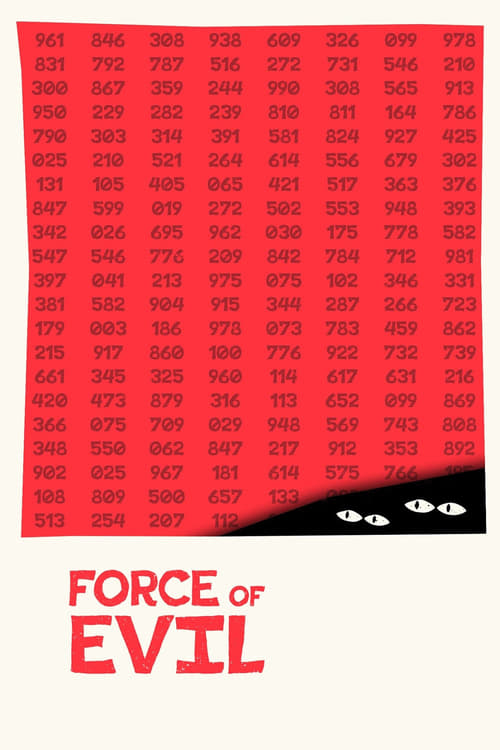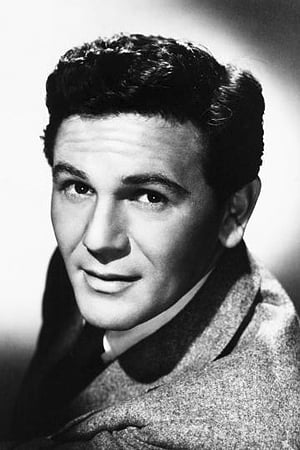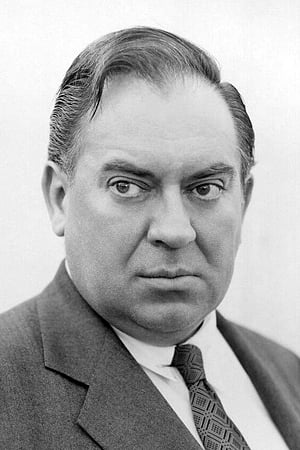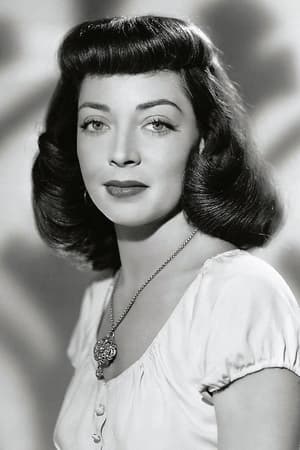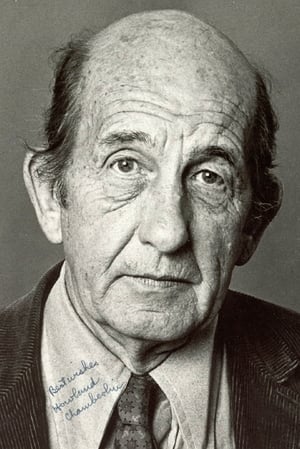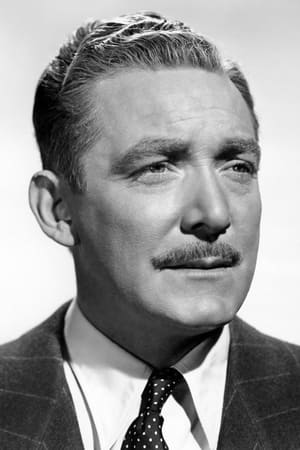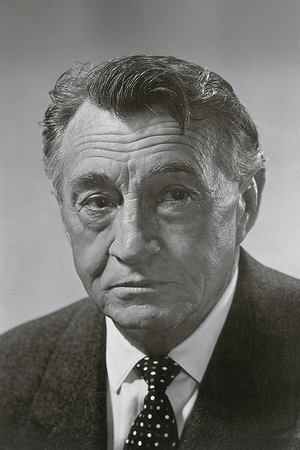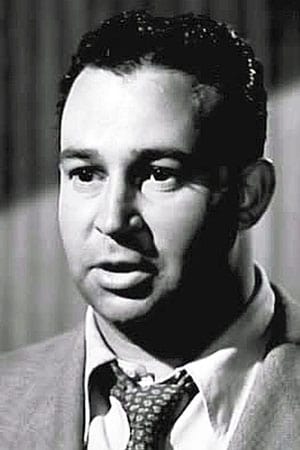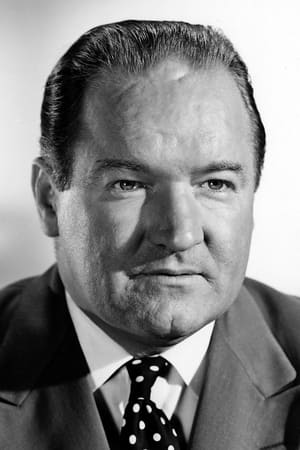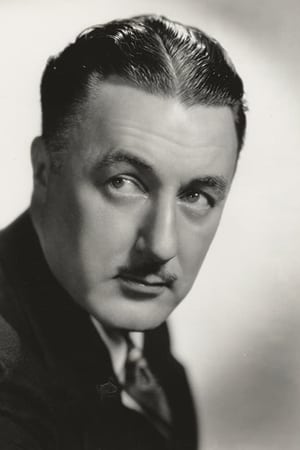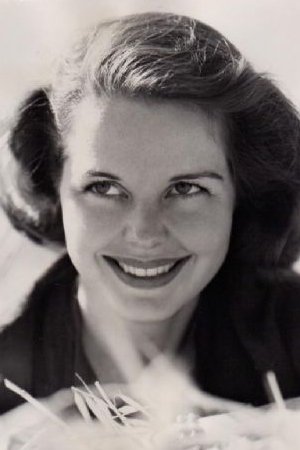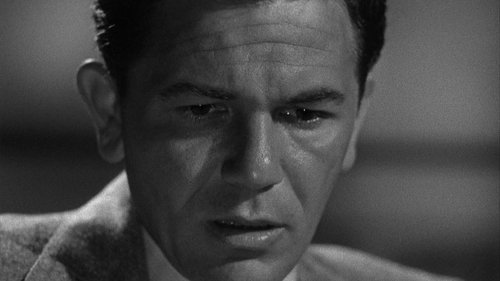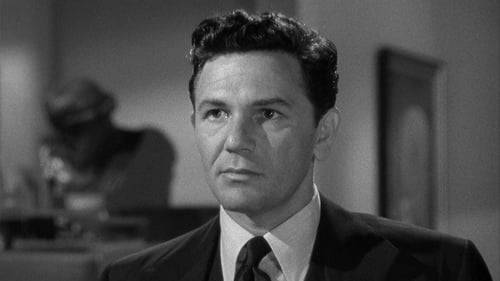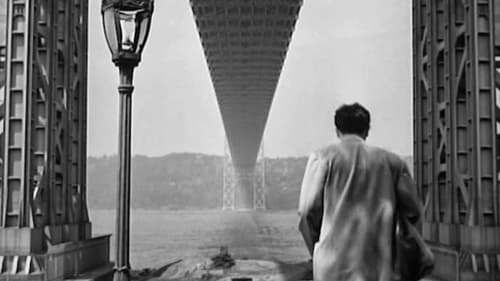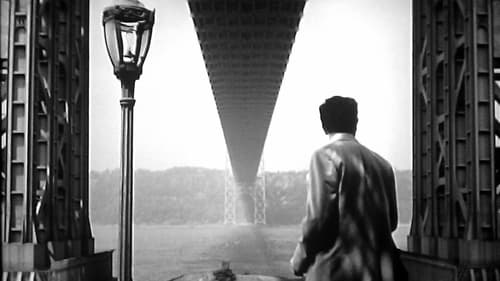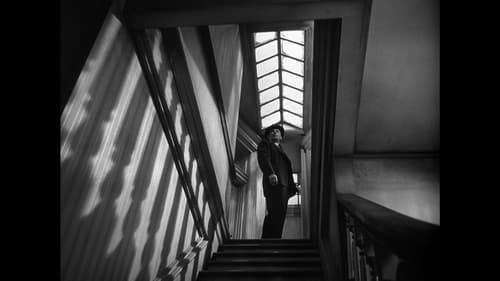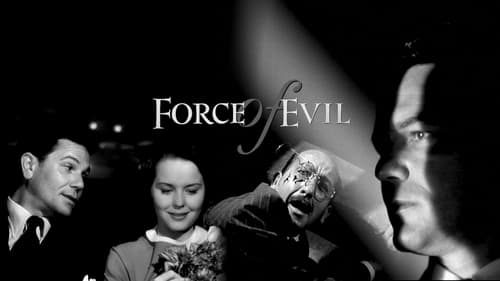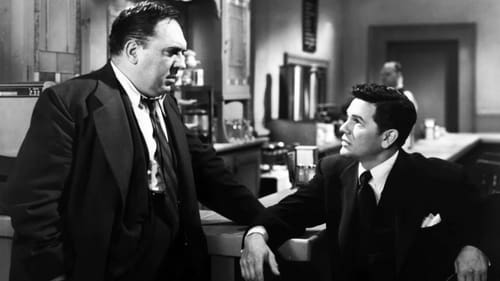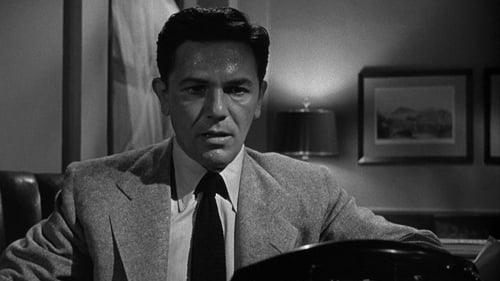
John Chard
8
|
Mar 11, 2014
Black sheep like to make everybody else look black.
Force of Evil is directed by Abraham Polonsky, who also adapts the screenplay from the Ira Wolfert novel Tucker's People. It stars John Garfield, Thomas Gomez, Beatrice Pearson, Marie Windsor, Howard Chamberlain and Roy Roberts. Music is by David Raksin and cinematography by George Barnes. Plot finds Garfield as lawyer Joe Morse, who works for powerful gangster Ben Tucker (Roberts). Tucker has a plan to control all of the numbers rackets in New York, something that with the fix on the numbers up and coming for the 4th July, will see all of the smaller number rackets go bust. This is a problem for Morse because his big brother Leo (Gomez), is one such operator, an honest good guy who did everything he could to ensure that Joe had a proper start in life.
It has come to be regarded as an influential and important movie in the film noir pantheon. Big critics, big film makers and film noir aficionados, all have queued up to salute Polonsky's film. If it's worthy of such elegant praise will always be debatable, but film does have a uniqueness about it, using stylised dialogue passages and in opening up a corrupt and socially bankrupt can of worms for the cinema loving world, Polonsky has crafted a thematically potent 1940's crime picture. The exchanges between Garfield and love interest Pearson, have an almost poetic flow to them, this in a film that for most of its running time shows that badness can not be beaten, or at best that it can't be railed against or broken away from so easily. While the biblical tones, both allusions and allegorically speaking, also give the picture some added power. Though mostly talky in the main, it does burst into shocking violence for its final quarter, with a finale that contains distress segueing into the possibility of spiritual regeneration…or maybe that, too, will prove futile?
Added to the biting narrative are great cast performances and evocative music scoring, and with skilled location photography adding authenticity, it's not hard to see why it has come to be so revered. Not as bleak as the title suggests, and veering a bit close to being too arty for its own good sometimes, but still a fine experience and it rewards more on further viewings. 8/10
